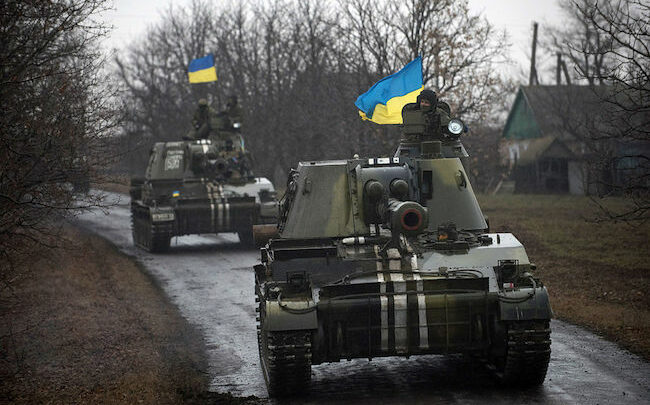Ukraine is testing Transatlantic relations

By Greg Pence
Failed states are often viewed as a threat to international security since they can serve as staging grounds for various terrorist organizations involved in drug trafficking and transnational organized crime. With the development of communication and information exchange, unlike national governments, transnational organizations and institutions have gained more power and influence, making the failed states a safe haven for terrorist groups.
These groups can start and operate away from the eyes of the public and governments. They can start off by taking responsibility for an explosion they have nothing to do with and then exploit the media coverage to advertise themselves and impose their demands.
Afghanistan, Iraq, Libya, Somalia, and Sudan, as well as some Latin American countries, are the prime examples of failed states that have become a hub for terrorist and mafia groups. According to the United Nations, about 15,000 foreign terrorists from 80 countries, including France, Russia, and Britain, left for Iraq and Syria to fight alongside the ISIS terrorist group.
The United States, above all other countries, has long abused the threat of terrorism to preserve its global hegemony. Over the last decades, secret organizations are being privatized around the world by the United States to infiltrate governments and countries and operate as a secret proxy army through money laundering and arms and drug trafficking. And where on earth is better than the land of the failed states for the United States to create and keep these groups of terror and destruction?
Ukraine is also turning into a failed state as the war doesn’t appear to be anywhere close to its end. Putin began the war thinking he could win quickly and easily and force the West to reconsider its position on Russia and NATO. Moscow’s strategic mistake in Ukraine has changed the states’ perception of Russia as a military and economic power, and it is unclear to what extent Russia can improve its military and economic position and share of world wealth production. In addition, in the event of defeat, Moscow would have to pay an estimated amount of $540 billion for the reconstruction of Ukraine, which is very unlikely to happen. Therefore, more sanctions will be imposed and the Russian economy will become weaker.
Even if Moscow succeeds in achieving all its goals in Ukraine, the prospect of a long-term political and security crisis is quite clear in the region, and therefore, governing Donbas and Crimea would be very difficult for Russia. Thus, Putin needs a decisive victory in order to have the upper hand in the negotiations, as it is only the winner of the war that does not pay compensation. All things considered, the use of weapons of mass destruction or proxy groups seems to be the only way Russia can win this war. That is probably why Russia is recruiting mercenaries from Central Asia, Chechnya, Syria, Belarus, and the Wagner Group.
However, if the European countries focus their attention on domestic issues due to the global economic crisis and financial and weapons aid to Ukraine does not continue, the window of the coalition against Russia will be closed, and in order to survive, NATO will have to perpetuate the Ukraine war under the pretext of confronting the global threat. This situation will be painful for Europe because it is on the brink of direct confrontation with Russia and the first victim of a possible nuclear war. Therefore, the continuation of the political-military alliance between Europe and the United States in NATO does not guarantee European security, and Europe must redefine the NATO system to create a new model of European security.
Experience has shown that Europe has a limited capacity to accompany the United States. In the war against terrorism, for example, the United States and its European allies failed to fully and closely cooperate in Afghanistan, Iraq, and Libya and impose their common will. The botched withdrawal from Afghanistan showed that Europe’s security is not crucial to Washington. Now Europeans wonder why their countries are under Russia’s serious nuclear threat while the United States is completely away from economic and security threats.
Greg Pence is an international studies graduate of University of San Francisco




